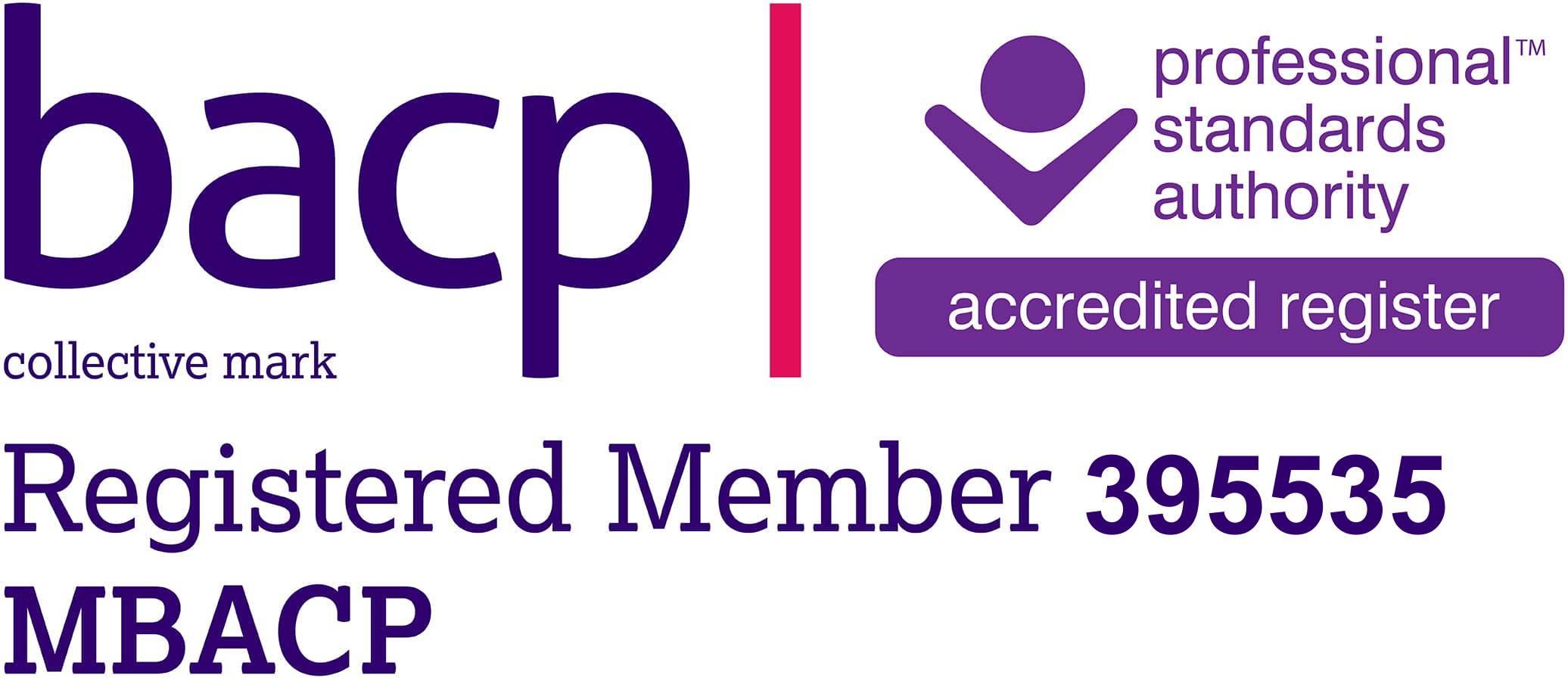Specialising in Pre-Bereavement and Bereavement Counselling
As a trained Person Centred Counsellor at SJF Counselling, I am here to support adult clients (18+) who experience forms of pre-bereavement and bereavement or who are tackling a wide range of life's challenges. These challenges can include;
- Pre-bereavement/Anticipatory Grief
- The death of a loved one (including from suicide)
- Miscarriage or still birth
- Relationship breakdown with family friends
- Seperation, divorce
- Self-harm
- The loss of a job
- The menopause
- Health issues relating to a family member or a client's own health issues
- A loss of identity
- Depression and low self-esteem
- Bullying
- Anxiety and loneliness.
If you are suffering from any of the above and feel I could help support you through your dilemma, please contact me in confidence on 07850 180932 or via email at
Characteristics of Bereavement
Bereavement is the experience of losing someone that is important and close to us.
It is the process of emotions we go through as we gradually adjust to the loss.
It can be emotionally devastating and painful to lose someone close to us, a spouse, partner, sibling, parent, child, friend, work colleague or a pet.
To come to terms with the loss, it is inevitable that we go through a process of grieving which involves several physically and emotional processes.
A loss of an individual affects everyone in different ways, and it is possible to experience any range of emotions.
Please take a moment to look through the different types of grief. When you read them through, you may find you relate the emotions they describe, if you do, I can support you navigate this painful and challenging time.
Grief
An individual may feel grief after a significant change in their life - not only the death of a loved one.
It can come in waves for a long time and sometimes seem endless. The 'Five Stages of Grief' are a professionally observed process and can be summarised as follows:
- Denial
- Anger
- Bargaining
- Depression
- Acceptance
Feelings of Grief
Feelings of grief can be caused by different forms of loss or change in our circumstances and in addition to the loss through death, may include;
- The end of a relationship
- Moving to a new place
- Losing a job/redundancy
- The decline of physical or mental health of someone close to us.
- The decline of physical or mental health in ourselves.

Are there different types of Grief?
Besides the feelings of grief experienced when losing someone or something of importance to us, there are also other forms of bereavement we may encounter.

Photo by Emma Simpson on Unsplash
Pre-bereavement also known as Anticipatory Grief
Anticipatory Grief is the sense of loss we get when we are expecting the death of someone close to us when we can still experience the same extreme pain and sadness as grief.
It is the process of living through change where a loved one is dying, knowing that death is inevitable although thay are physically still alive.
It is also the projection of worrying what will happen after the death and thinking about the future without that person, when the current instability and pain is over.
Anticipatory Grief is often seen as a coping mechanism in preparing someone for the future.
Below are several different symptoms of Anticipatory Grief and none of these stages are accepted nor published professionally;
- Shock and disbelief
- Anger and denial
- Hopelessness and negativity
- Anxiety, loneliness and social withdrawal
- Guilt - wishing it to end
- Privilege and a hardship "in-between" time granted
- Tiredness, nausea, overating, undereating
Secondary Loss
After the death of a loved one, you may find that you feel what is referred to as 'Secondary Loss'.
After the initial pain of losing a loved one, you may find yourself grapplying with the fear of thinking about the future without a loved one being with you to share or experience key events in life together.
This could be watching children grow, going to the cinema together, going out to dinner together, or being at a special ceremony.
Collective Grief
Collective Grief is when a community experiences a consequential loss together. For example the death of a famous figure such as Queen Elizabeth II, or a disaster affecting a community.
These examples of Collective Grief can impact us even if we did not know the person or people who have died. This can bring up challenging emotions and remind us of the other losses in our lives and can resurface the intense pain and sadness we once felt.
The process can be seen to help a community share their comfort together.
How long does grief tend to last?
There is no time limit on grief. The grief of one person is different from another and varies from person to person.
This can depend on the type of relationship we had with the person, the strength and bond of attachment or closeness to the person who died.
It can depend on the circumstances of the death and the amount of time processing the anticipating death.
Contact me in confidence on phone: 07850 180932 or email:

